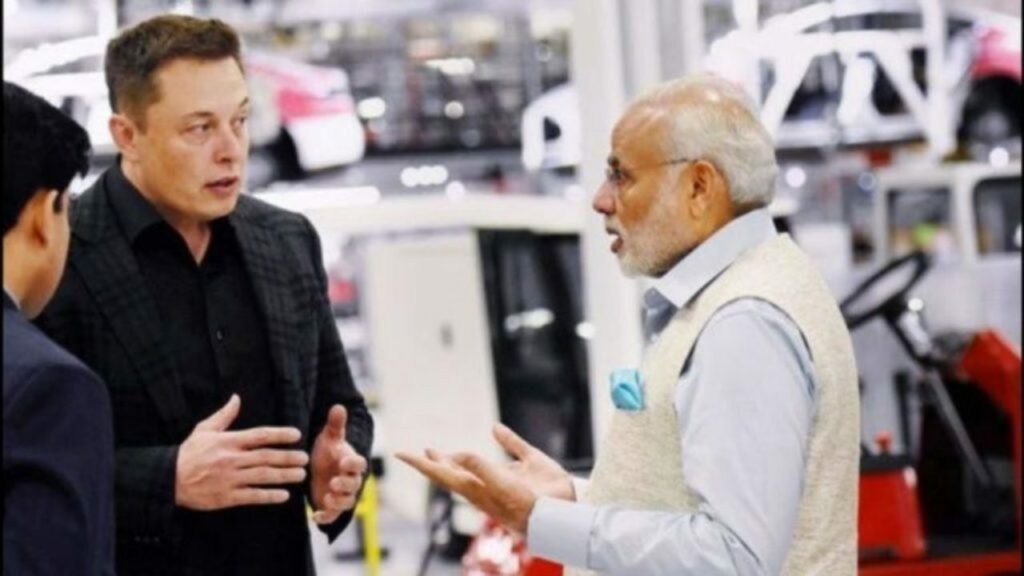As Tesla gears up to make its mark in the Indian electric vehicle (EV) market, one question looms large: Can the renowned automaker deliver on its promise of a Rs 20 lakh electric vehicle for the Indian masses? The ambitious pricing strategy has sparked discussions and raised eyebrows within the industry, prompting a closer look at the feasibility and potential challenges ahead.

Tesla, known for its high-performance electric cars, has set its sights on a price point that aligns with the preferences and affordability of the Indian consumer base. The move is strategic, aiming to penetrate a market with diverse economic demographics. However, achieving a price tag of Rs 20 lakhs for a Tesla EV poses a considerable challenge, given the current dynamics of the Indian automotive landscape.
Navigating Cost Challenges and Market Realities
The Economic Times report scrutinizes the hurdles that Tesla may encounter in its quest to deliver an affordable EV in India. Factors such as import duties, taxes, and the high cost of batteries contribute significantly to the overall pricing equation. While Tesla’s Gigafactory in Texas promises to play a pivotal role in cost reduction, local manufacturing in India could be the linchpin in achieving the targeted price point.
The report also delves into the importance of a robust charging infrastructure, an essential element for the success of electric vehicles in the country. Addressing these challenges requires a nuanced approach from Tesla, necessitating collaboration with local stakeholders and aligning with the Indian government’s push for sustainable mobility.
As the industry watches closely, the success of Tesla’s pricing strategy will likely influence the trajectory of electric mobility in India. If accomplished, it could pave the way for a more widespread adoption of electric vehicles, reshaping the automotive landscape and contributing to India’s ambitious renewable energy goals.
In conclusion, while Tesla’s commitment to an affordable EV for the Indian market is commendable, the journey ahead is rife with challenges. Navigating the complexities of local manufacturing, addressing cost factors, and ensuring a robust support infrastructure will be crucial for Tesla’s aspirations to materialize and make a lasting impact on India’s electric vehicle ecosystem.











